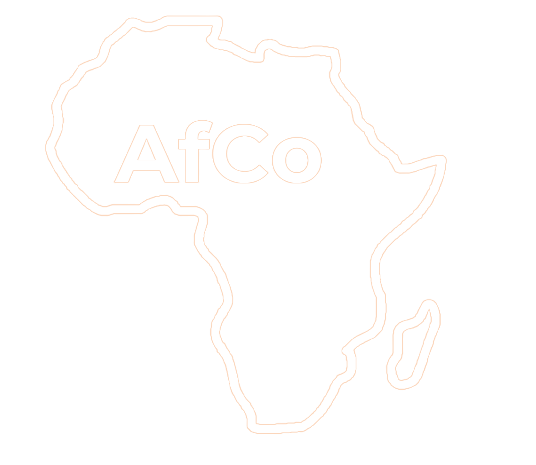Why is it still necessary to make the case for the decolonization of the law in the Sahel (and elsewhere)?
Étienne Le Roy passed away on February 28, 2020, at the age of 79. In December 2019, in the course of one of our regular exchanges, I had suggested that he take part in preparing this issue on African (in)dependencies, the “insolence of whose title” he had appreciated. He was kind enough to accept, and we agreed on the value of having this text focus on the need for the decolonization of the law in French-speaking African states. True to his desire to transmit and share, Étienne continued writing in the last months of his life, producing a number of further pieces. One of his legacies to the Land Tenure and Development Technical Committee was a text on his intellectual journey on land issues (Le Roy 2019b). Following this account of six decades of research and commitment, he was keen to make another contribution here, in the form of a discourse on method, calling for the production of a genuinely new law, based on the recognition of legal and institutional pluralisms.As Etienne put it, “Behind the so-called customary law, there is a legal universe that emerges with ‘doing, acts that are performed, and ritualized behaviors,’ a juridicality that comes from a logic of everyday practice that is totally unknown to jurists.” Based on his observation of these practices, he suggests a mediating approach that can accompany new forms of normative production. This text is Étienne Le Roy’s last academic testament. It is an invitation to engage in introspection and close examination in order to initiate a process of legal decolonization based on endogenous normative practices. Like a compass, these principles can serve as a guide for those who wish to embark on this founding journey. We express our sincere thanks to Etienne and his family for the kind honor of entrusting us with this part of his legacy and for having authorized the publication of this text, in this issue of Afrique contemporaine.
- decolonization
- law
- Sahel
